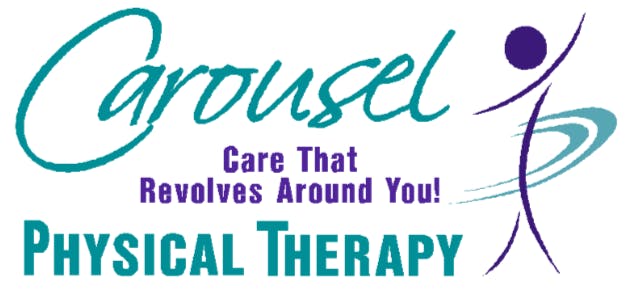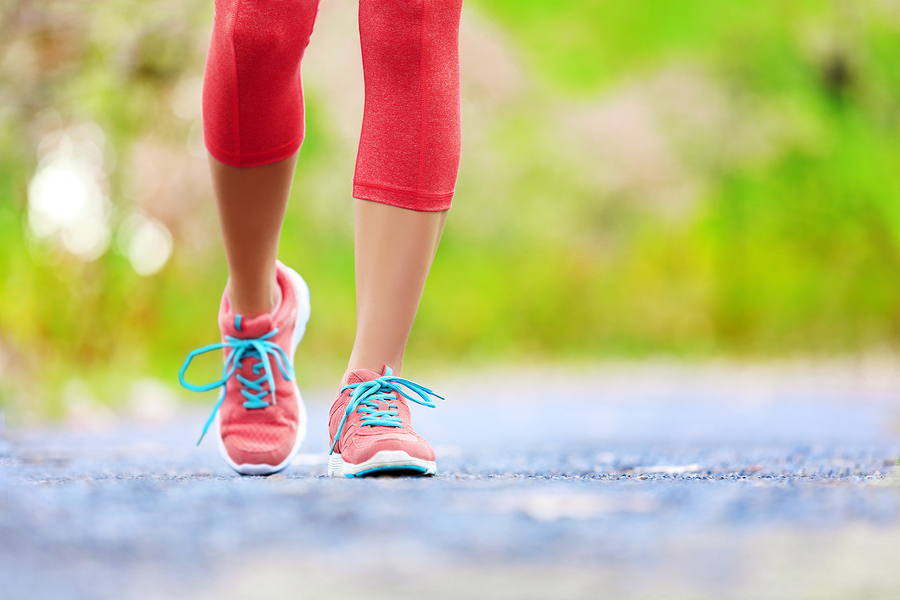An essential component of lifestyle modification is EXERCISE.
ex·er·cise/ˈeksərˌsīz/
noun
- activity requiring physical effort, carried out to sustain or improve health and fitness.
But, evidence has suggested that exercise may be an often neglected intervention in mental health care. How can that be when aerobic exercises, including jogging, swimming, cycling, walking, gardening, and dancing, have been proved to reduce anxiety and depression. These improvements in mood are proposed to be caused by exercise-induced increase in blood circulation to the brain and by an influence on the hypothalamic-pituitary-adrenal (HPA) axis and, thus, on the physiologic reactivity to stress. This physiologic influence is probably mediated by the communication of the HPA axis with several regions of the brain, including the limbic system, which controls motivation and mood; the amygdala, which generates fear in response to stress; and the hippocampus, which plays an important part in memory formation as well as in mood and motivation.
Exercise has also been found to alleviate symptoms such as low self-esteem and social withdrawal. So by staying active exercise can help you manage symptoms of depression, stress, and anxiety. Physical activity can also counteract the effects of some psychiatric medications that may cause weight gain. Consider walking, swimming, or gardening. Even light physical activity can make a difference like cleaning the house, doing laundry, or raking leaves now that fall has arrived.
What Will I Gain?
The other benefits from regular exercise that should be emphasized and reinforced by every mental health professional to their patients include:
- Improved sleep
- Increased interest in sex
- Better endurance
- Stress relief
- Improvement in mood
- Increased energy and stamina
- Reduced tiredness that can increase mental alertness
- Weight reduction
- Reduced cholesterol and improved cardiovascular fitness
The 5% Rule
DON’T start out too hard in a new exercise program no matter what it is –listed above or otherwise. Walking for instance is GREAT exercise, but you don’t have to walk 20 miles in a week. Start out low and slow..follow the 5% rule, which might look like this:
Week 1: 3000 steps (1.5 miles)
Week 2: 3150 steps
Week 3: 3300 steps
Week 4: 3500 steps (1.75 miles)
Week 5: 3750 steps
Week 6: 4000 steps (2 miles)
The immediate effects of exercise are empowering and rewarding! Your body is the only house you have to live in so take care of it.

